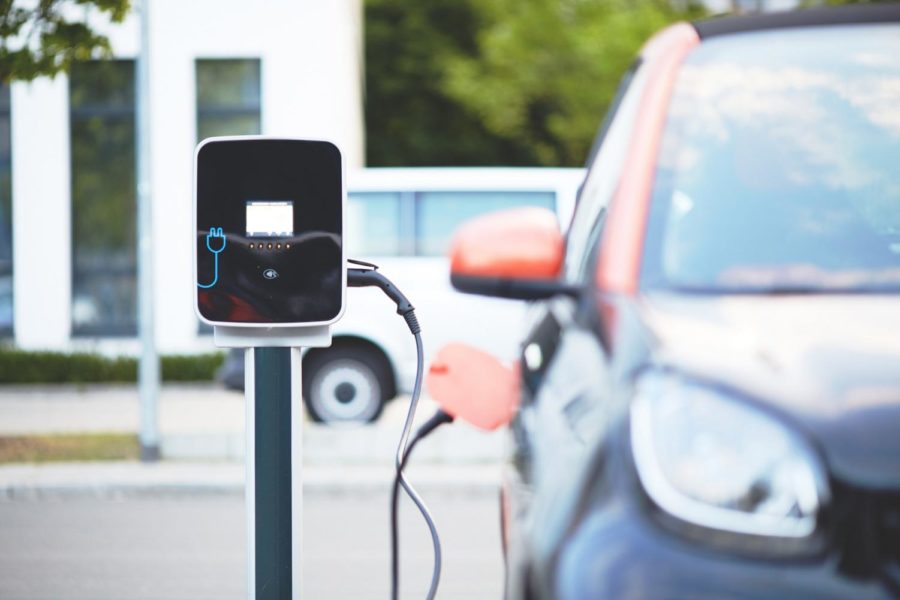The Dangers of Going Electric: The Case Against Electric Vehicles
The argument that electric vehicles are bad is a hotly debated topic. Though they offer numerous environmental benefits, there are serious drawbacks as well. There are several primary reasons why electric vehicles are not considered a viable option for most people: they do have an environmental dark side, there is a considerable upfront cost, they have a limited range of travel, and their contribution to urban sprawl should not be overlooked. Through analysis of these points, it is clear that electric vehicles remain an impractical and expensive option for many drivers.
Electric vehicles are an unsustainable solution to the pollution caused by gasoline-powered cars. While electric vehicles may be better for the environment in terms of emissions, they still require resources that are extracted from the environment, like lithium and cobalt. As demand for these materials increases, so too does the destruction of fragile ecosystems and habitats. Furthermore, electric vehicle production requires huge amounts of energy, which is often generated from highly polluting sources such as coal or natural gas. Additionally, electric vehicles have a significantly lower range than their gasoline-powered counterparts due to battery life and charging times. This means that drivers must take frequent breaks for charging or even plan their route around places with charging stations available; this can be time consuming and inconvenient compared with just stopping at a gas station every few hundred miles. In addition, electric cars tend to have a higher purchase price than traditional cars due to costly batteries and other components; this means that many people cannot afford them even if they wanted to buy one. Overall, it is clear why electric cars are not necessarily beneficial for everyone on both an environmental level and an individual level: they rely on resources that damage our environment while also being relatively expensive when compared with gasoline-powered alternatives.
Electric vehicles (EVs) are often seen as an environmentally friendly solution to transportation needs, but they are actually quite detrimental to the environment. EVs are powered by electricity, which is generated primarily by burning fossil fuels like coal, oil and natural gas. Fossil fuel combustion releases a variety of pollutants that can negatively affect air quality and contribute to climate change. In addition, the process of extracting and transporting these resources requires energy and releases additional emissions into the atmosphere. Furthermore, electric cars rely on rare earth minerals for their batteries which must be mined in unsustainable ways in order to meet production demands. This mining process has caused environmental destruction in many parts of the world including deforestation, water pollution, soil contamination and hazardous waste disposal. Additionally, the recycling of electric car batteries is expensive due to their complex chemical makeup, so many end up being dumped into landfills or sent overseas where regulations may not be as stringent. Finally, EVs require frequent charging from outlets which draw power from existing electrical grids that are already overburdened with usage. All these factors combined demonstrate why electric vehicles should not be considered a viable option for sustainable transportation solutions.
Electric vehicles are significantly more expensive than traditional combustion engine cars, putting them out of reach for many people. The fuel savings of electric vehicles do not always offset the cost of purchasing the vehicle in the first place. Even with government incentives and tax credits, these upfront costs can be quite daunting for potential buyers. Additionally, the cost of replacing batteries can be even more significant than buying a new car in some cases. Reports have shown that repair and maintenance costs for electric vehicles tend to be higher than those associated with traditional cars due to their complex electrical systems and components which require specialized knowledge to fix or replace. Furthermore, while electric vehicles may offer improved acceleration performance over gasoline-powered ones, they still lack much of the power offered by larger displacement engines found in most modern luxury cars or sports cars – leaving some drivers wanting more when it comes to driving dynamics. In summary, electric vehicles are expensive and often lack features that make them attractive compared to cheaper gas-powered alternatives; these factors contribute to why many consumers choose against making an electric vehicle purchase.
On the other hand, the range limitations and charging inconvenience of electric vehicles are being addressed through the expansion of charging networks and the integration of fast charging options. The cost of EVs has also been decreasing, making them more accessible to a wider range of consumers. Furthermore, the environmental impact of EVs is not solely based on the electricity generation, but also on the improvements in energy efficiency and the reduction of greenhouse gas emissions in the production process; the reliance on rare earth minerals for batteries is a challenge, but initiatives are being made to ensure that the minerals are sourced sustainably.
Although scientists have been working hard to make up for the negatives of EV’s, it is clear that currently replacing gasoline powered vehicles with EV’s would be unsustainable, costly, and immoral. Electric vehicles may seem like a great solution to the rising environmental concerns of today, but they can be impractical and costly. Electric cars require a substantial upfront cost that is often unattainable for many people. Furthermore, their limited range requires frequent recharging and access to charging stations, making them inconvenient and unreliable. Finally, electric vehicles have a higher impact on the environment due to their reliance on electricity generated from fossil fuels. In the end, electric vehicles are not the ideal choice for many people looking for an environmentally friendly way to get around. It is important that we continue searching for ways to reduce our environmental footprint without sacrificing convenience or affordability, in order to make sure everyone has access to sustainable transportation options.











